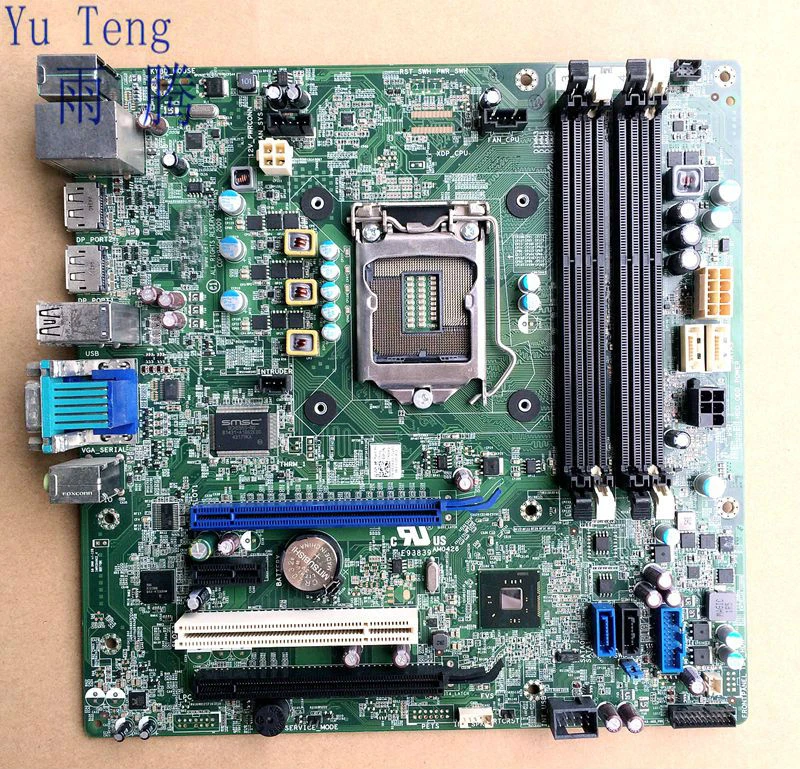I'm trying to put together my first gaming rig, and thanks to the huge number of opinions on the internet, deciding which Graphics card to get has become an arduous task.
I have an LG 27GK750F-B 1080p 240Hz FreeSync Gaming Monitor: https://www.displayninja.com/lg-27gk750f-review/
And a Dell 9020 Optiplex, 3.6GHz, i7-4790, 16GB ram, 1TB Hard Drive, & Radeon R5240 GPU.
I need to upgrade the PSU and get an SSD, but I'm not sure about the ram.
The intended use of this system will be streaming and gaming.
To what extent?
1) I want to be able to use a live four camera set-up. I'll not be streaming games directly. But I have 1/2 dozen full size coin-op video arcade games, and a couple of the cameras will be pointed at the screens.
2) Alternatively, as far as gaming itself, I'm only interested in Space shooters.
I'm aiming for a GPU that will not be wasted on this system, but at the same time just enough to get the most out of the hardware that I have, which I assume means that the bottleneck will just barely be the CPU.
I semms as though whenever I settle on a card, I read something that makes me hesitant. And at the moment I've settled on the GTX 1060 6GB, GTX 1070 8GB, or GTX 1080 8GB. But would the GTX 1650 Super 4GB or GTX 1660 Super 6GB be better, or are they over-kill?
Thanks.
I have an LG 27GK750F-B 1080p 240Hz FreeSync Gaming Monitor: https://www.displayninja.com/lg-27gk750f-review/
And a Dell 9020 Optiplex, 3.6GHz, i7-4790, 16GB ram, 1TB Hard Drive, & Radeon R5240 GPU.
I need to upgrade the PSU and get an SSD, but I'm not sure about the ram.
The intended use of this system will be streaming and gaming.
To what extent?
1) I want to be able to use a live four camera set-up. I'll not be streaming games directly. But I have 1/2 dozen full size coin-op video arcade games, and a couple of the cameras will be pointed at the screens.
2) Alternatively, as far as gaming itself, I'm only interested in Space shooters.
I'm aiming for a GPU that will not be wasted on this system, but at the same time just enough to get the most out of the hardware that I have, which I assume means that the bottleneck will just barely be the CPU.
I semms as though whenever I settle on a card, I read something that makes me hesitant. And at the moment I've settled on the GTX 1060 6GB, GTX 1070 8GB, or GTX 1080 8GB. But would the GTX 1650 Super 4GB or GTX 1660 Super 6GB be better, or are they over-kill?
Thanks.
Last edited by a moderator:



